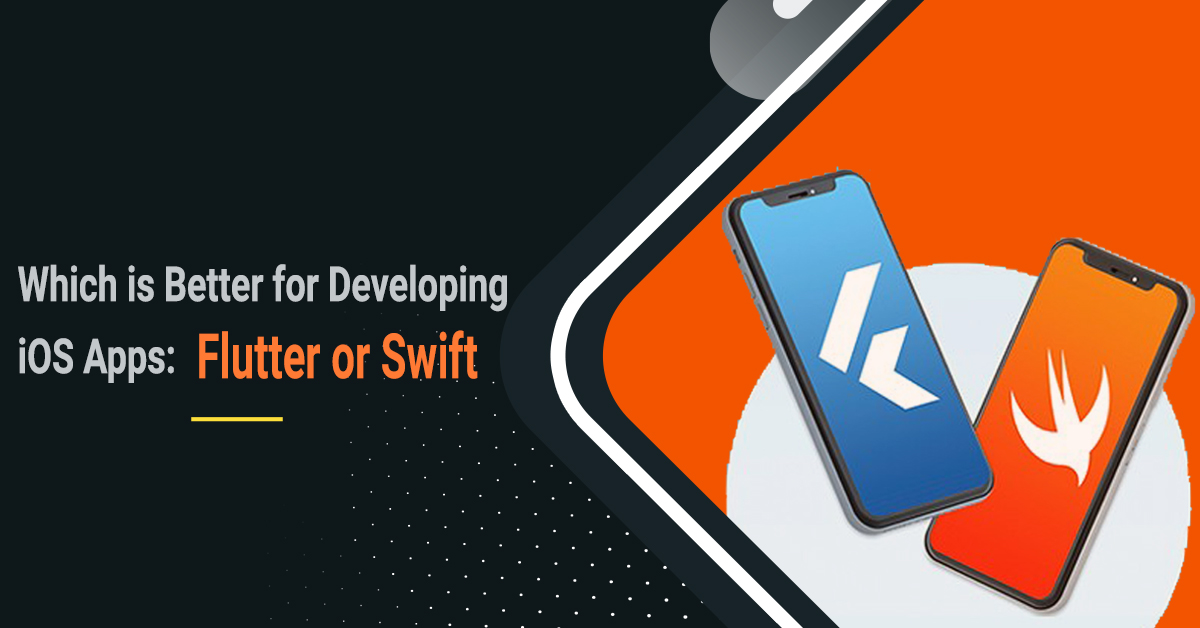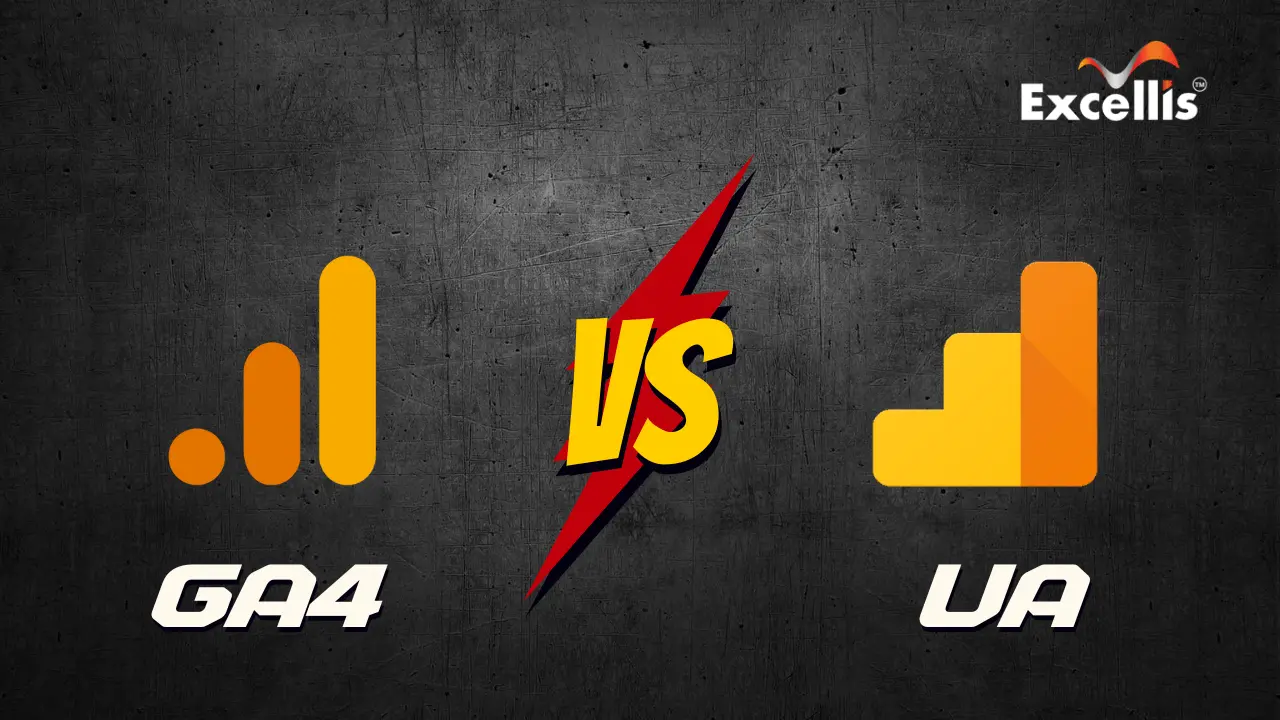
For firms considering developing an iOS app, Swift and Flutter are the two most desired technologies. So what is the greatest way to determine which option is right for you?
Mobile apps generated $462 billion in revenue globally in 2019, according to Statista. The two most prominent app shops, Google Play and Apple App Store have 2.9 and 2.0 million apps, respectively. According to Hootsuite, 4.5 billion people on the Internet consume all of this.
It would be a shame not to be a part of this expanding company. Let us see which technology can assist you in making a better bargain now. You can always take the help of India’s best app development services to decide on the best technology.
Swift vs. Flutter: Introduction
With the release of the Swift programming language, native iOS app development got more exciting. Swift is a modern, quick, and type-safe programming language still in development. We must use Apple’s developer tools and frameworks to create iOS apps using native technologies. To get started with native iOS programming, Apple has many resources.
Flutter is a Google open-source, cross-platform mobile SDK that can be used to create apps for both iOS and Android using the same source code. Flutter is a cross-platform app development framework that employs the Dart programming language and comes with extensive documentation. Flutter is like React Native; however, it has native support. Flutter vs. React Native is the subject of a lengthy comparison.
Flutter vs. Swift – why should we compare them?
Why compare the two when one is a programming language, and the other is a toolkit or platform? Both are well-liked mobile and web app options. You can utilize either one for your iOS app, and both are worthy of consideration.
Years of experience have demonstrated that you do not necessarily need to utilize a platform-native solution to build a successful app, especially if you plan to expand your product line and make the same app available on many platforms.
How to compare Flutter vs. Swift?
To compare Flutter to Swift, we will use a variety of criteria. In terms of the user interface, it is critical to consider how well your app will integrate with the platform’s native features and interface. For time-to-market and cost-effectiveness, coding speed is essential. Your app’s performance indicates how effectively it will utilize the device’s capabilities. Community and support will become increasingly important when your development team faces difficulties. Your application’s reliability to the user is determined by its stability. The development process is aided by detailed and easy-to-find documentation. Performance and stability may be affected by the platform’s maturity. For commercial rationale, the cost of development is essential. Finally, the size of your talent pool impacts the cost of developing and maintaining your app.
UX/UI
Because Swift is an iOS-native language, integrating native iOS UI features is simple. The user interface shall be like an iOS device as possible. You will have to start from scratch with every function and aspect of the user interface.
Flutter provides many ready-to-use UI elements. To begin, call the widgets Material and Cupertino. In most cases, Swift will not be needed. Flutter-based UI should be indistinguishable from native Swift, considering the user perspective. UI and UX design company can help you with this.
Coding Speed
Swift is an excellent and quick way to start developing an iOS app. It generally works well, although it takes longer to reflect code changes. On the other hand, Swift developers argue that it speeds up app development, particularly in the initial stages.
On the other hand, Flutter includes a variety of widgets, libraries, navigation, and testing tools to help you code faster. Flutter developers do not have to worry about refining UI elements because Flutter takes care of that. Flutter’s Hot Reload also reduces the time it takes to see recent code changes. As a result, changes take less time. Furthermore, when compared to Swift, Flutter applications require fewer lines of code.
Performance
Swift has a significant advantage because it is the native language for iOS apps. Expect higher outcomes when working on jobs that require a lot of processing power (graphic effects, for example). Swift may be the better option when it comes to enhancing the platform.
Flutter, on the other hand, does not lag. First, Dart’s garbage collector is the first thing he does. Second, it is compiled by AOT (ahead of time), allowing for rapid device connection. If you do not need to make the most of the iOS platform, Flutter will perform just as well as native Swift.
Support and Community
Main Swift.org is where the Swift community congregates. Swift has around 830 contributors on GitHub, with about 2600 people following the discussion. On Stack Overflow, there are more than 284 thousand questions tagged with ‘swift.’
Flutter’s figures resemble Flutter’s. On GitHub, 3400 people follow it, and 770 people have contributed. However, on Stack Overflow, there are less than 70,000 questions tagged with ‘flutter.’ However, Flutter may have fewer problems.
Google Groups and other forums are where the Flutter community gathers (like the Slack community for Flutter). Flutter is also more community-friendly because it is an open-source solution.
User also read: App Store Optimization (ASO) Guide For 2022
Even though these technologies are still in their infancy, they pose few stability concerns. Professionals that utilize them daily create and maintain them. Swift should theoretically be more stable and trustworthy on iOS than Flutter because it is a native technology. Assuming you can discover and employ a top-tier Swift developer who knows how to make the most of Apple’s tools.
Documentation
Online documentation is available for both Swift and Flutter. Apple Developer documentation and Swift.org are good places to start with Swift. Check out Flutter. dev for all your Flutter needs.
Platform Maturity
Yes, these platforms are young, but it does not imply undeveloped. Before launching Swift, Apple drew on years of Objective-C knowledge and made numerous changes.
Before introducing Flutter, Google likewise acquired experience for a few years.
User also read: Why Should You Choose React Native for Hybrid App Development?
Development’s Price
You will not need to spend any further money because both are open source. Developers with a lot of experience charge around the same amount. The cost difference is not significant if simply an iOS app is considered. On the other hand, Flutter allows you to develop an Android version simultaneously. And that would be huge.
In Short,
Companies should pay heed to developers’ decisions about whether to learn Flutter or Swift. It is easier to find talent for your project if more individuals know and utilize technology.
In 2020, finding a Swift developer will be easier than finding a Flutter expert. Swift is used by 6.1 percent of professional developers, according to the Stack Overflow 2020 poll, whereas Dart, the language underpinning Flutter, is only used by 3.7 percent.
So? Swift vs. Flutter There is no one-size-fits-all solution to this difficulty, no matter how many figures we supply. Well-known firms use both technologies, and picking which one to use for your iOS app is based on the unique characteristics of each company.
The decision will be easier if your mobile app development company in India has prior experience with either of the two options.
More reasons to trust us!
Excellis IT is building a skilled team in IT support, customer support, digital marketing, and back-office services for modern companies.

Excellis it is an esteemed ISO/IEC 27001:2022 certified company

We achieved the prestigious certification by MSME in 2019

We are certified by the Central Vigilance Commission

We are an honoured members of NASSCOM since 2022







